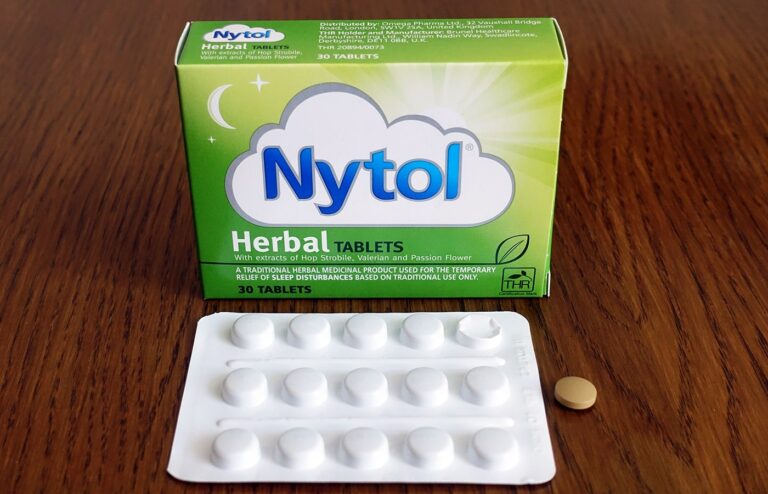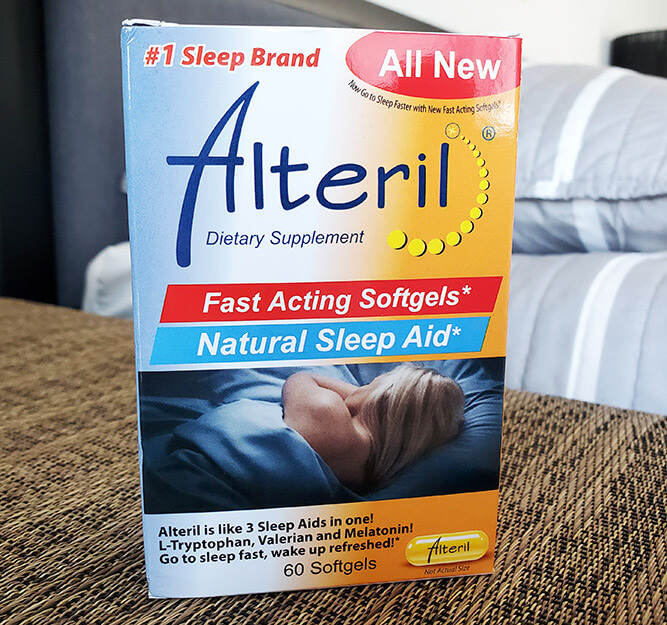
Category Sleep Aids & Remedies
I’ve tried several over the counter sleep aids over the years, and share my experience and reviews in these articles. None of these articles contain any kind of promotional links or advertising.

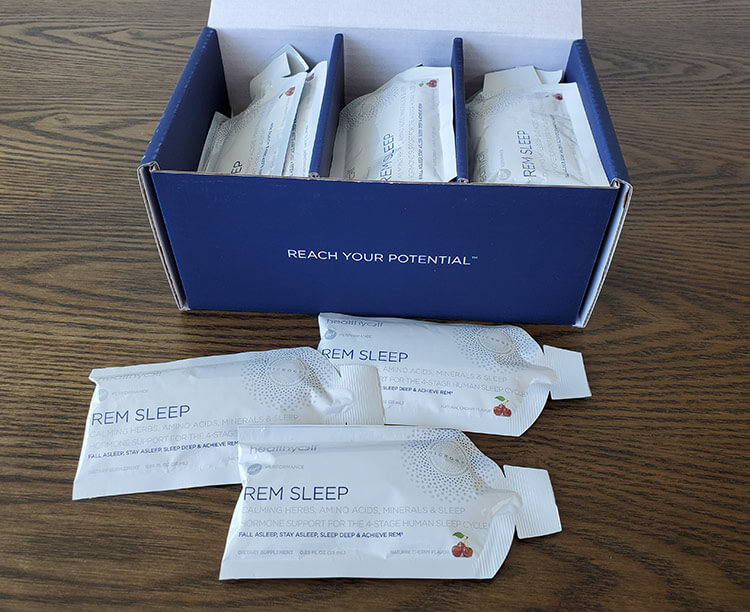
Healthycell REM Sleep Review
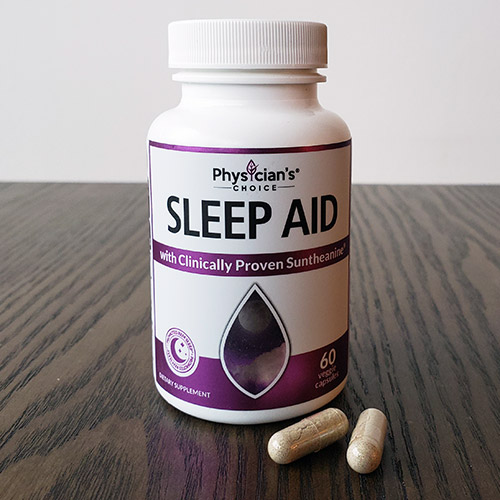
Physician’s Choice Sleep Aid Review
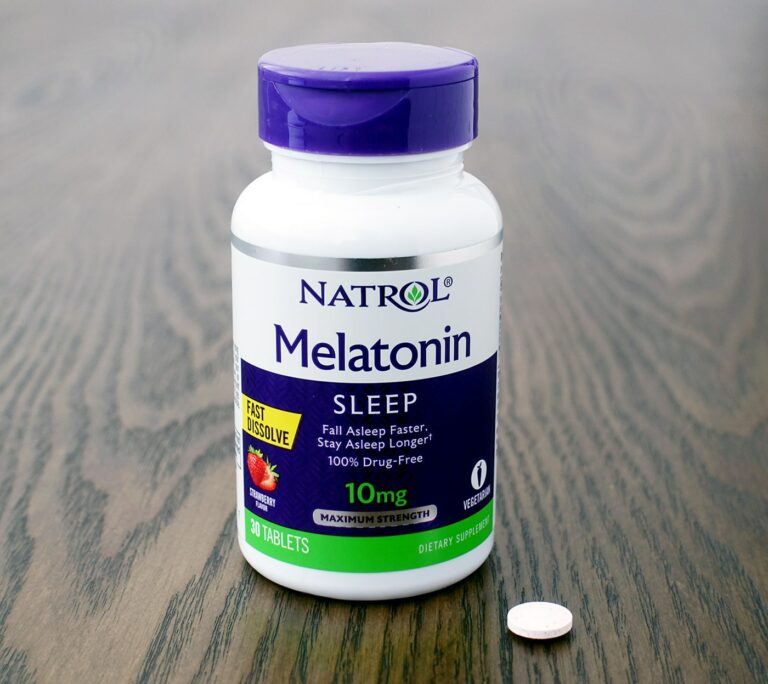
Natrol Melatonin Sleep Aid Review
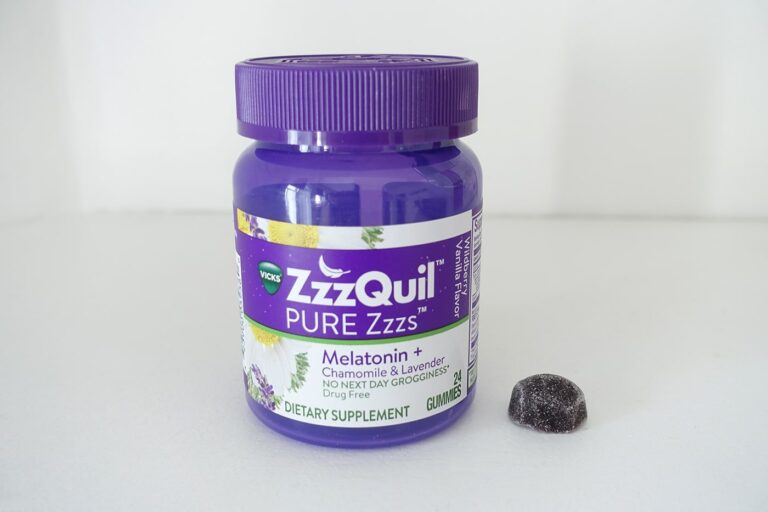
ZzzQuil Pure Zzzs Melatonin + Botanicals Sleep Aid Review
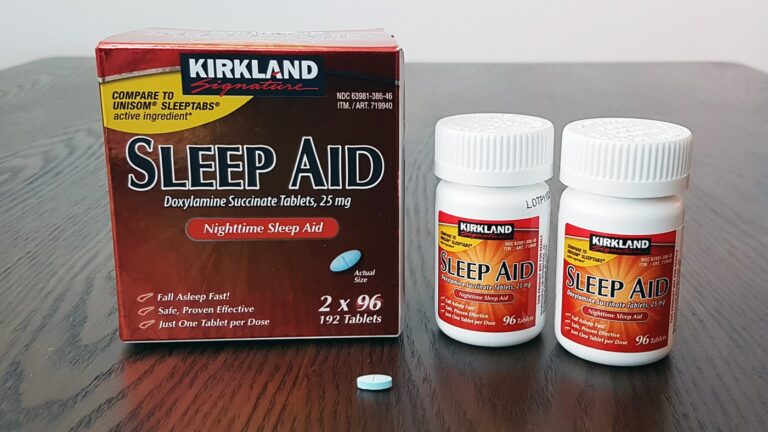
Kirkland Signature Sleep Aid Review
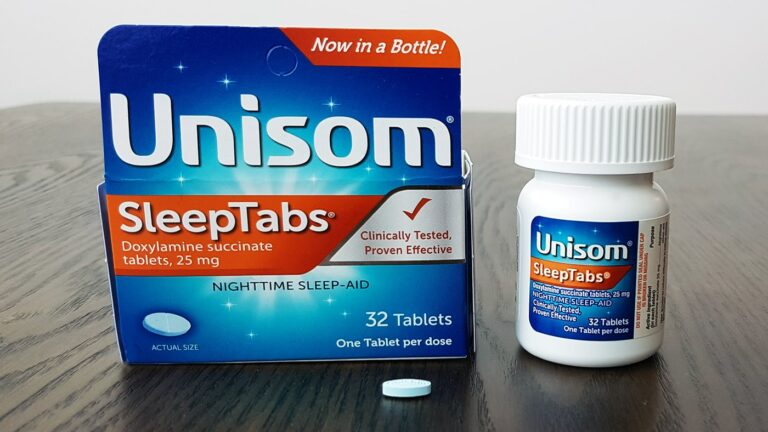
Unisom SleepTabs Review
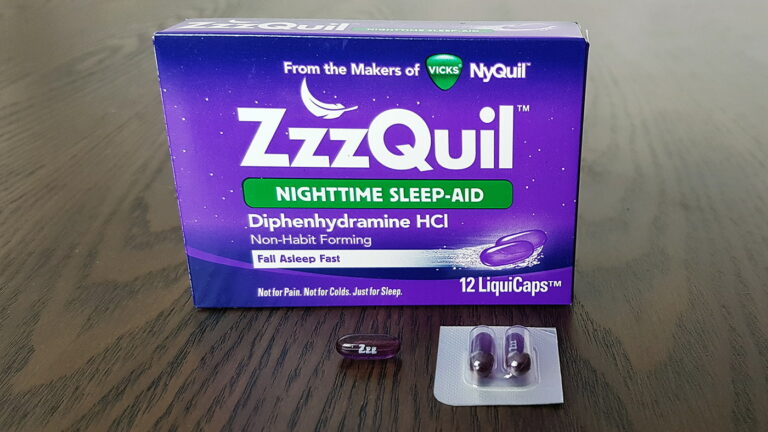
ZzzQuil Nighttime Sleep Aid Review
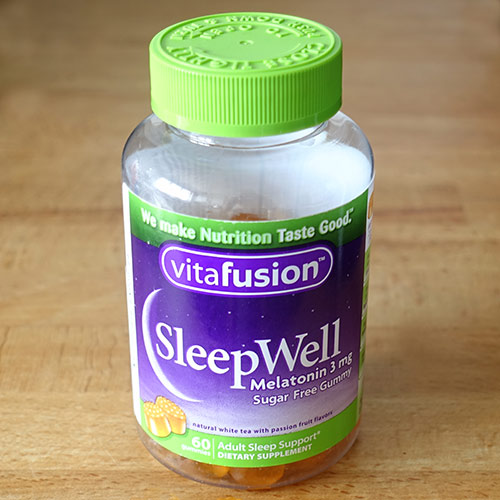
Vitafusion SleepWell Review
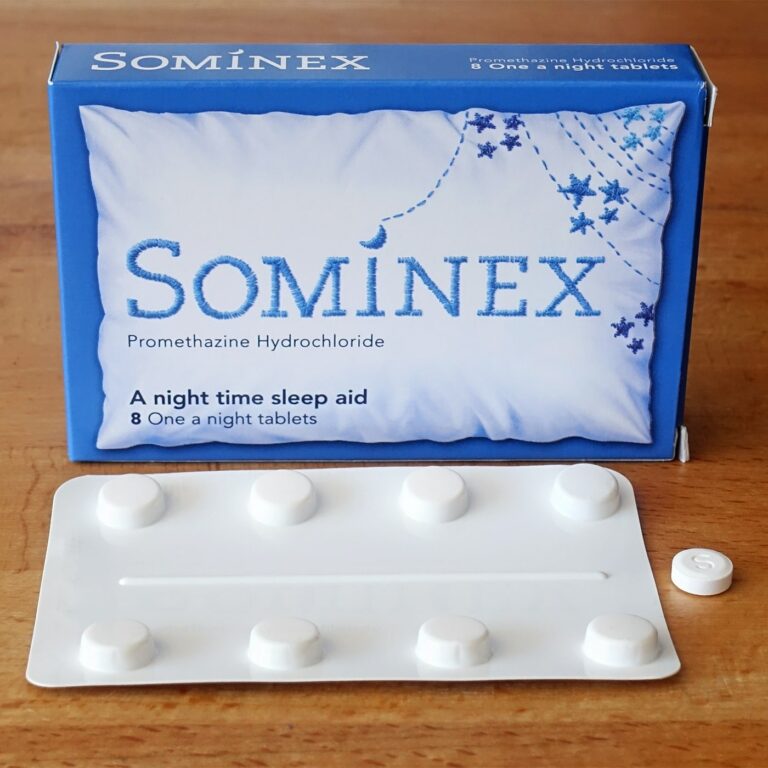
Sominex Review
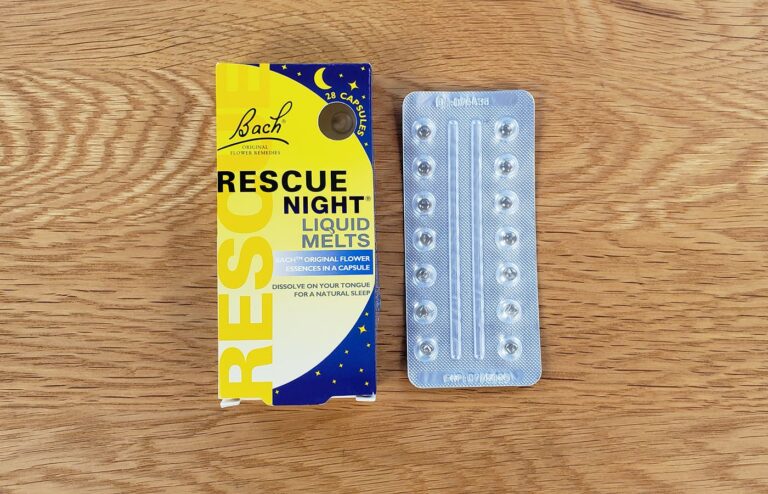
Rescue Remedy Night Review
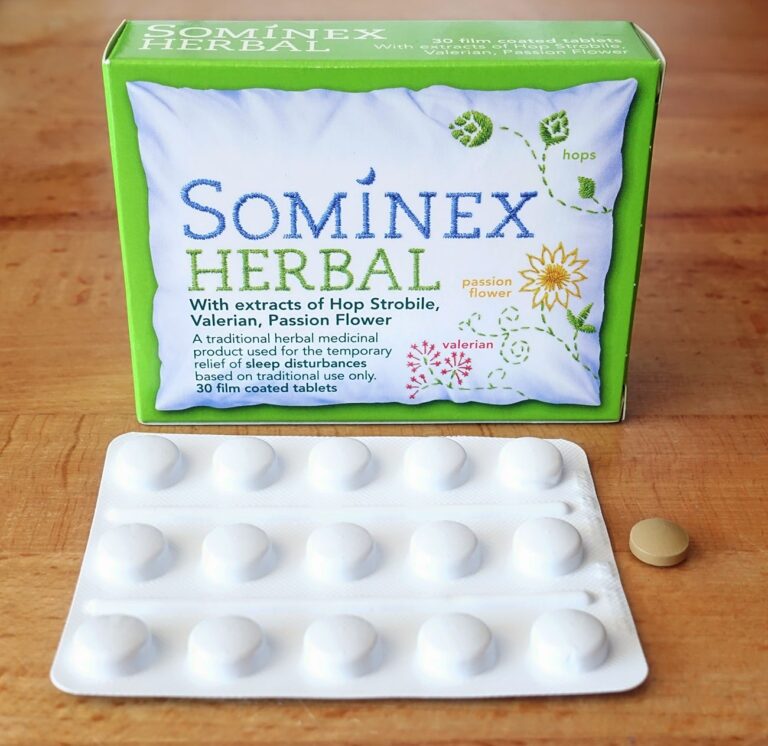
Sominex Herbal Review
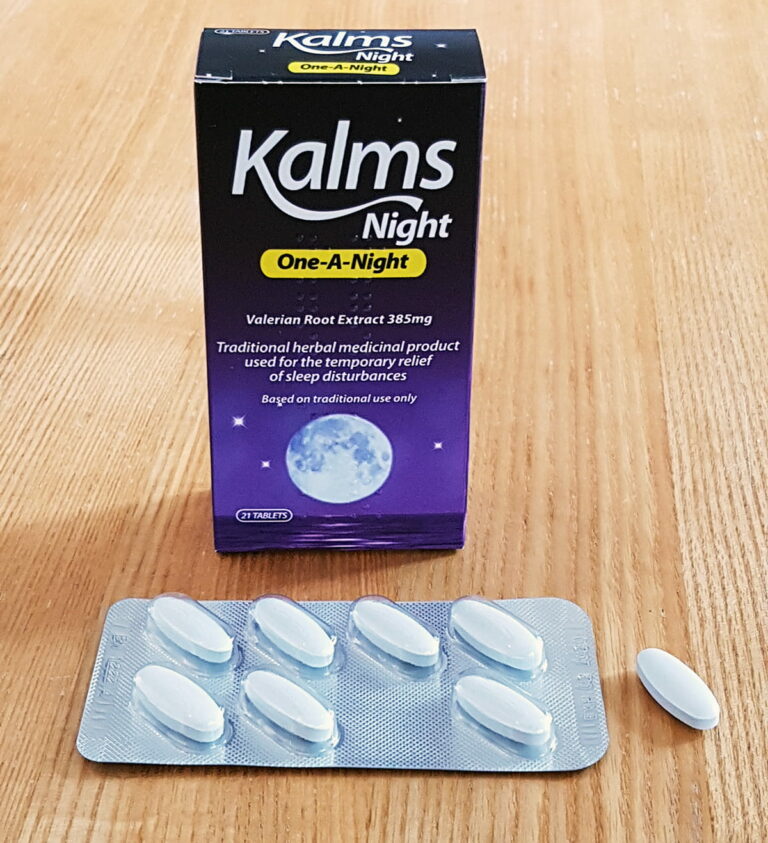
Kalms Night One-A-Night Review
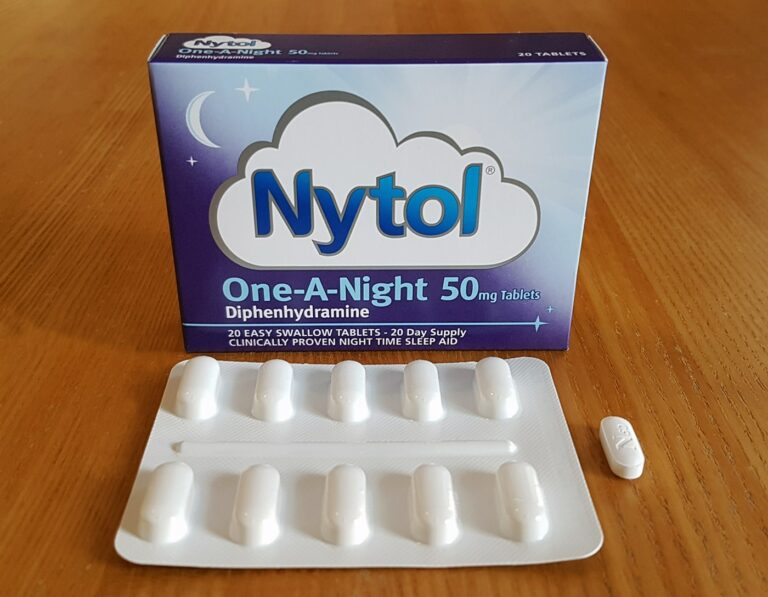
Nytol One-A-Night Review: The Knock-Out & Morning Fuzziness
